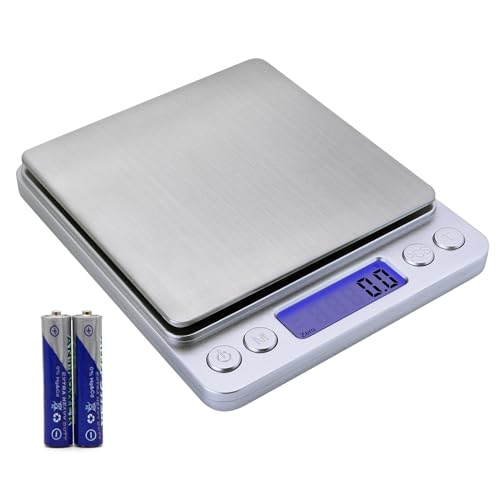pure&simple said:
Please give me the benefits of using lard or tallow in soaps. I've run out of coconut milk, so I'd like to try my hands on making soap with lard/tallow.
Besides being very economical to use (at least here in the US), they lend a good dose of hardness to soaps, as well as whiteness. Although very similar to each other, there are slight differences between them in soap. Tallow is slightly more hard, bubblier and cleansing than lard, while lard lends a wonderful, luscious, creamy body to the overall lather. I like to use a combination of both in my soaps. What one lacks, the other one makes up for.
pure&simple said:
Can you tell the difference between soaps with and without animal fat?
That is a hard question to answer because of how subjective the 'feel' of a soap can be. The answer will differ from one person to the next. I can tell the difference in my
own soaps because I know my formulas inside and out and am used to them, but I don't think I would be able to tell the difference in someone else's formula(s).
pure&simple said:
What kind of oil (s) does animal fat replace?
Usually palm oil and certain butters
pure&simple said:
Are soaps made with only animal fat good?
I've never made or used a soap with 100% animal fat so I can't answer for sure, but my tallow formula with 65% tallow is wonderful.
pure&simple said:
How much SF should I use?
That's up to you. I just use my normal superfat of 5%.
pure&simple said:
Is there something special that I should know when I make these type of soaps?
Well, one of the added benefits of using lard is that it's a slow tracer. Also, just so you know, some soapers are sensitive to the smell of lard when heating it and swear they can still smell it in the soap before, during and/or sometimes even after curing if they heated it too high, but I personally have never experienced myself, even when I accidentally heated my lard once to 150 degreesF before adding my lye. It just smelled like clean soap to me.
IrishLass












































 I have to try this when I can get something to fry for ME, like pork skin. I love crispy pork skins.
I have to try this when I can get something to fry for ME, like pork skin. I love crispy pork skins.